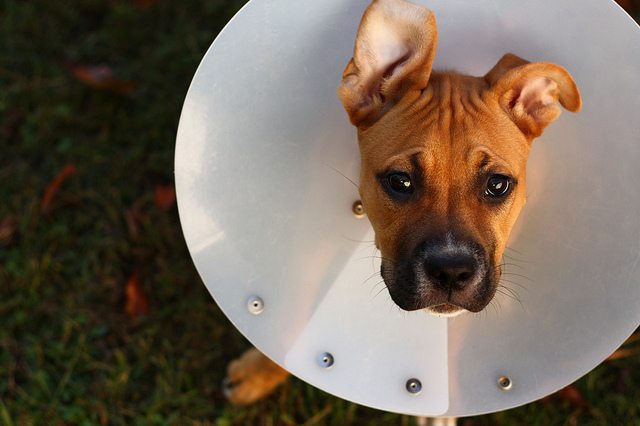
Praise used to be a good thing — the praised child builds self-esteem! Now, as all of us enlightened GeekDad parents know, it’s a bad thing — the praised child loses the drive to struggle and succeed! So which is it? Is praise good or bad? A study published in the Journal of Experimental Psychology shows that especially with kids who already have low self-esteem, the answer is somewhat complex and surprisingly important. Here’s the short answer: it comes down to what you’re praising.
And it turns out there’s a big difference between person praise and process praise. In order to pick a peck of proper parental praise, ponder this: person praise reinforces a child’s self, focusing on how smart or strong or creative or funny or “good” a child is. Process praise reinforces a child’s behavior, focusing on how hard the child tries or the mechanisms a child uses on the way to a goal. It’s the difference between “you’re so smart!” and “wow, I can tell you worked really hard!”
A first study of 357 children found that the lower a child’s self-esteem, the more the balance of praise tended to tip toward personal — intuitively, adults seem to want to bolster these children’s self-esteem and do so with encouraging words aimed at personal traits that seem lacking. In fact, kids with low self-esteem got more than twice as much person praise than kids with high self-esteem — 30 percent and 14 percent of total praise, respectively. But then a second study of 313 children found that this personal praise predisposed children with low self-esteem to feel even more ashamed following failure. In kids with high self-esteem? Person praise didn’t hurt, but it didn’t help either.
Authors including Eddie Brummelman of Uthrecht University and Brad Bushman of the Ohio State University explain the results by saying, “Person praise seems to make children attribute failure to the self. Together, these findings suggest that adults, by giving person praise, may foster in children with low self-esteem the very emotional vulnerability they are trying to prevent.”
There’s even some strong language not usually seen in academic journals. I especially liked the following: “Person praise contributes to a self-perpetuating downward spiral of self-derogation.” D’oh!
Though there are few definite answers in parenting and while in a sample of 1,000 kids with low self-esteem you could almost certainly find a couple who benefit from person praise, here’s a pretty successful rule of thumb: with children who have low self-esteem, praise their behavior and not what you perceive as their ability. Disentangling praise from a child’s sense of self lets a child fail without being a failure.

I was reading about this same kind of thing in another article. Makes me reconsider the way that I praise my daughter and the things I praise her for.